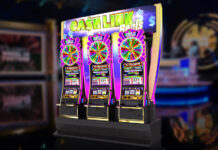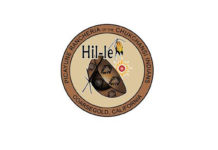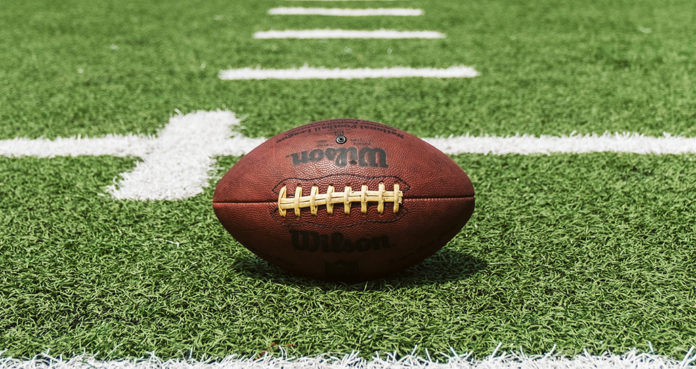PULLMAN, WA – Sports betting at tribal casinos is on track to become a $94 million industry in Washington state in the next five years, reflecting residents’ enthusiasm for professional and collegiate sports and their interest in wagering, a Washington State University study found.
About 59 percent of Washington residents surveyed last summer described themselves as sports fans. A small number – about 5 percent – said they placed wagers on games at least once per month, mostly through office pools and sportsbooks. But nearly 14 percent said they were likely to participate in Washington’s emerging sports betting industry.
“When you think about recreational activities, participation from 14 percent of the population is significant,” said Kahlil Philander, the study’s principal investigator and assistant professor in the School of Hospitality Business Management at WSU Everett.
Philander shared the study’s results during the Washington State Gambling Commission’s meeting on Nov. 16. Besides the $94 million in annual revenue, sports wagering at tribal casinos will lead to an estimated 273 direct jobs, he said. Washington residents’ interest mirrors sports betting’s growing popularity across the U.S., Philander added.
“Sports organizations and media companies like ESPN and Fox have developed their own national betting brands,” said Philander. “Meanwhile, typical gambling brands like DraftKings and BetMGM are all over social media and national television advertising. Washington is just starting to learn what the industry will look like in this state.”
In March 2020, the state Legislature authorized on-premise sports wagering at tribal casinos, subject to the terms of tribal-state gaming compacts. Wagers must be placed in-person through a betting window, kiosk or onsite mobile app at the casino. Online betting from remote locations is not allowed.
The Snoqualmie Tribe began offering sports betting in September 2021, and other tribes are expected to follow.
Not surprisingly, the Seahawks and Mariners were the most popular professional teams among the residents surveyed, and they also rooted for WSU and University of Washington athletic teams. However, the state’s regulations don’t allow wagers on college or university teams located within Washington.
The study included a market analysis of remote online sports betting, which is available in other states. If online sports betting from remote locations became legal in Washington in the future, the industry would more than triple in size, generating about $322 million in annual revenue, the study said.
The report used a five-year window for projections, anticipating that more tribal casinos would start offering sports betting and potential clients would become aware of the opportunity.
A grant from the gambling commission paid for the study, which includes best practices and policies from other states on topics like operator license fees, background checks, player education and responsible gambling programs.
Philander said the study provides a third-party analysis on the scope of sports betting in Washington. WSU doctoral student Lu Yuan and Eilers & Krejcik Gaming also contributed to the report.
















































